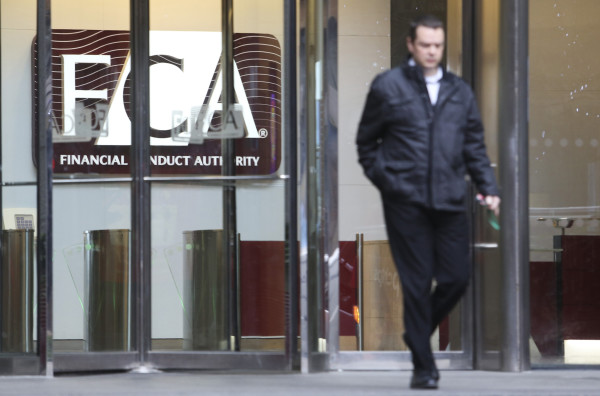

The lack of clarity on the rules about how transaction costs of a fund are calculated is “bonkers” and the Financial Conduct Authority (FCA) must provide guidance, according to Bella Caridade-Ferreira, founder of Fundscape.
Two recently introduced regulations - the Packaged Retail and Insurance-based Investment Products rules and the Markets in Financial Instruments Directive II - require investment funds to declare the transaction costs of the fund.
But each set of regulations includes a different methodology for how the charges should be calculated.
Contradictions between the two calculations have led to "chaos", as fund houses don’t know which method to use and find each yield wildly different result, according to Ms Caridade-Ferreira.
She urged the FCA to act to provide clarity for the industry.
She said: "There is no straightforward guidance. It is completely mad, the rules are diametrically opposed to each other on this, so a fund is completely in the dark about what to do."
One fund manager told FTAdviser she lost as much as 10 per cent of the assets under management in her open-ended fund as a result of this confusion.
Judith MacKenzie, who runs the £30m Downing UK MicroCap Growth fund, said around £3m was pulled out of her fund by advisers and wealth managers after the calculations showed the fund was costing investors five times more than was actually the case.
Intermediaries, many of whom had been invested in the fund for a long time, told Downing they felt they would not be able to justify the level of charges to their client, so pulled out.
Ms Mackenzie said the method used to calculate the transaction costs involved picking a random day in a particular month, and looking at, among other things, the difference between the price at which the fund is bought, and sold - known as the bid/offer spread.
A fund which trades in less liquid assets - like Ms Mackenzie's - will have a wider bid offer spread, as it trades less frequently.
Using this method, as described in the Priips regulations, Ms Mackenzie’s fund had transaction costs of about 4 per cent, which, when added to the 1 per cent cost of owning the fund, made it appear the Downing UK MicroCap Growth fund was costing 5 per cent a year for investors to own, five times more than the manager argues is actually the case.
When Ms Mackenzie’s authorised corporate director (ACD), which administers the fund, then did the calculation using the methodology described by Mifid, which yielded a transaction costs number of 0.03 per cent, a fraction of the Priips-based figure.
Both the methods comply with the rules prescribed for fund managers.
The FCA’s position is that the disclosure of transaction costs must happen, but that no methodology is described.
The regulator was approached for comment on the confusion resulting from the different calculations but declined to do so.
Neil Woodford's fund house, Woodford Investment Management, has also previously criticised the transaction cost reporting requirements.
Data published about the level of Mr Woodford's transaction costs, produced by consultancy firm the Lang Cat, was not helpful for investors because the period chosen to do the calculation came when the fund was attracting significant inflows, so the transaction costs were unusually high, a spokesperson for the fund house said.
The transaction costs were, the company argued, much less when averaged out over time.
The Lang Cat calculated the fund transaction costs of the 20 best selling funds of 2016.
The highest level of transaction costs it discovered among the top 20 funds varied from 0.66 per cent more than previously declared to 0.01 per cent higher than previously declared.
FTAdviser has also previously highlighted the issue of the risk ratings ascribed to investment trusts under the Priips rules.
Ms McKenzie said the micro-cap investment trust she runs has been given a risk weighting of four out of seven, whereas she would probably have given it a rating of six out of seven.
David Scott, an adviser at Andrews Gwynne in Leeds said he has placed client money with Ms McKenzie’s funds "for a long time" and described her as "one of the best fund managers in the UK".
david.thorpe@ft.com




